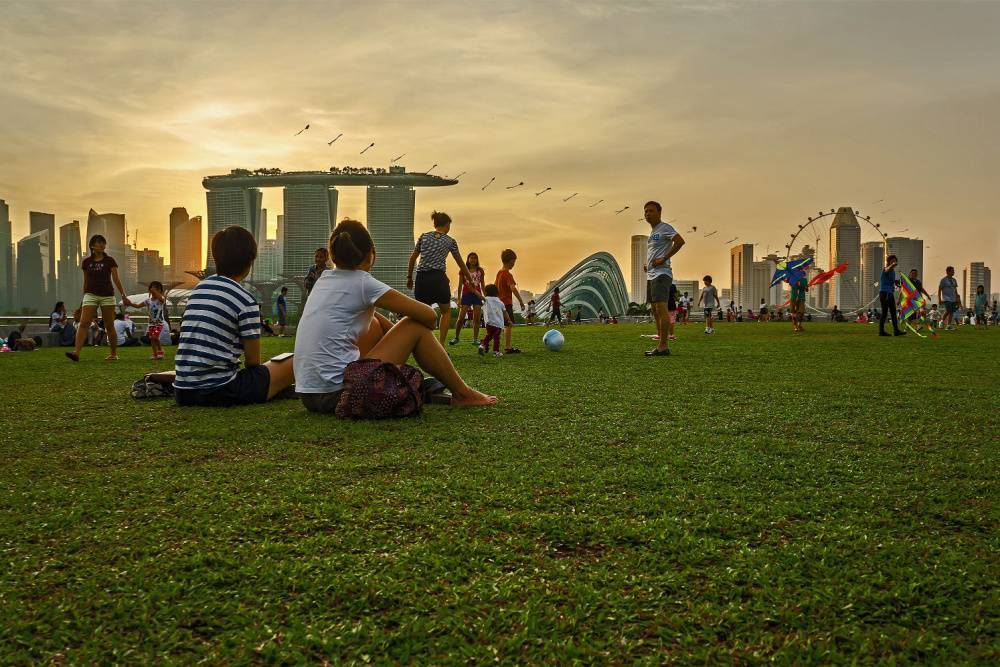Explorer Dan Buettner has named Singapore a Blue Zone in his new Netflix documentary, calling it an “engineered blue zone” with the longest and healthiest population.
But do Singaporeans feel their home matches Buettner’s idyllic descriptions of a blue zone?
What is Blue Zone?
The term Blue Zones emerged when researchers Michel Poulin and Gianni Pes identified Sardinia, Italy as having an unusually high number of centenarians. Buettner built on their work, proposing four other Blue Zones: Okinawa, Japan; Ikaria, Greece; Nicoya, Costa Rica; and Loma Linda, California. Citizens of these regions live longer than average, often into their 100s, which Buettner attributes to lifestyle factors like community, diet and movement.
Singapore as Blue Zone
In August, Buettner added Singapore to the list of Blue Zones. Singapore has seen life expectancy increase significantly. Life expectancy in Singapore stands at 80.7 years for men and 85.2 for women. This information was from the latest government data for 2022. In contrast, the average life expectancy in the country was just 65 years old in 1960, per data from the World Bank.
He praised Singapore’s walkable landscape, healthy eating policies and care for the elderly. However, he also contrasted Singapore with the other five Blue Zones. Buettner dubbed Singapore an “engineered blue zone” versus the other five locations, which he said have organically developed their cultures and traditions. Additionally, some locals argue daily life in the city-state feels far from the tranquil Blue Zone ideal.
Singaporeans interviewed stated that life in Singapore has improved for them, especially compared to previous generations’ experiences — but the high cost of living came up several times, as did stress levels and unhealthy eating habits.
Stress and cost of living an issue
Singapore is a fast-paced, competitive society, says Nanyang Technological University psychologist Andy Ho. Children feel academic pressure from a young age, while adults deal with a high cost of living. Photographer Kian Peng Er, 54, agrees Singapore is “quite stressful”. Housing is expensive, so citizens work hard, sacrificing health and happiness.
Diet not entirely wholesome
While nutrition has improved since earlier generations, meals aren’t entirely wholesome. Hawker fare, like fried noodles, can be salty and oily. A 2022 Cigna survey found that 15% of Singaporeans struggle to cope with stress, above the global average.
Lifestyle improvements, but still a way to go
Singapore facilitates healthy living through walkways and apartment gardens. But homemaker Karen Lim, 65, says sleep deprivation and inactivity are common. The city-state has increased life expectancy through medical care, she says but isn’t a model Blue Zone yet.
While Singaporeans acknowledge progress, Buettner’s designation raises eyebrows. Citizens enjoy longevity thanks to economic security, but daily stresses and unhealthy eating habits persist. Singapore may be on the blue zone journey, but for some Singaporeans, it still has some way to go.

